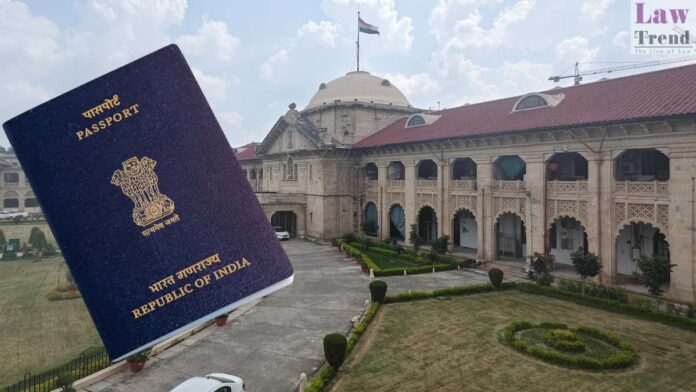The High Court of Judicature at Allahabad, in a recent judgment, has ruled that a Regional Passport Officer is justified in issuing a passport with a one-year validity to an applicant facing pending criminal proceedings, especially when the ‘No Objection Certificate’ (NOC) from the concerned criminal court does not specify a duration for the passport.
To Read More Please Subscribe to VIP Membership for Unlimited Access to All the Articles, Download Available Copies of Judgments/Order, Acess to Central/State Bare Acts, Advertisement Free Content, Access to More than 4000 Legal Drafts( Readymade Editable Formats of Suits, Petitions, Writs, Legal Notices, Divorce Petitions, 138 Notices, Bail Applications etc.) in Hindi and English.




